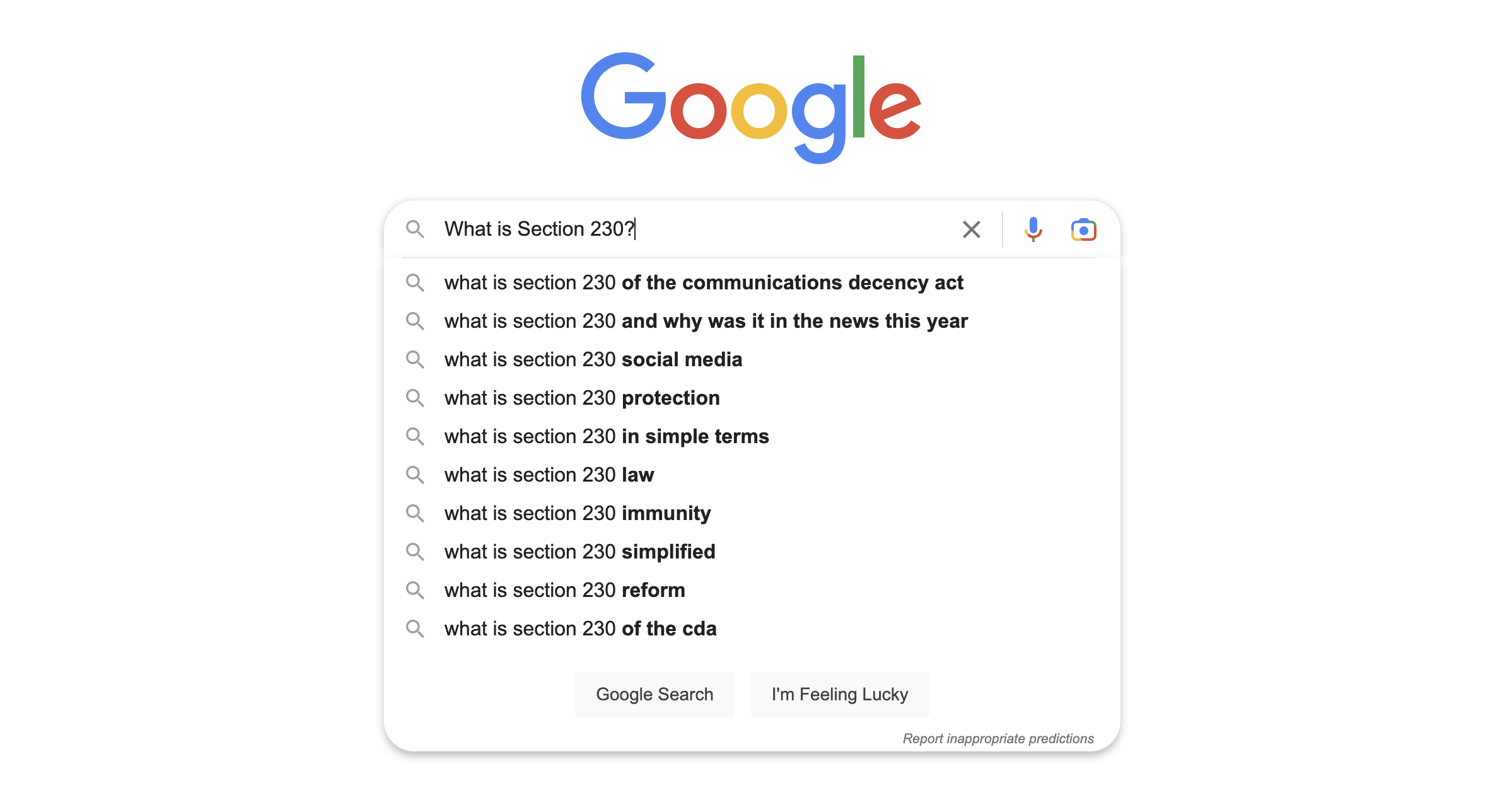By David L. Hudson, Jr.
A former customer’s online review of a person and business who worked on her home was not defamatory because the challenged statements in the review were substantially true, a Minnesota appeals court has ruled.
In August 2019, Laurie Ball hired Jomari Alexander and his company, Majestic Dreams Holding Co., to perform work on a townhome she purchased. Alexander had agreed to paint part of the home and replace light fixtures.
Alexander purchased a bathroom light for $100 and charged Ball $250 to install it. Later, the parties got into a dispute over the quality of the work and what Alexander said were Ball’s unreasonable demands.
Alexander sent Ball an invoice, which she refused to pay. Ball sent Alexander photos of areas that needed repainting. Alexander agreed to repaint certain areas, but said he would revoke her price discounts for “creating a hostile work environment.”
Ball posted an online review after Alexander repainted. The review stated in part:
“… I also was going to hire them to repaint my garage but now have decided we will do it ourselves. Along with that I had them replace a bathroom light (which cost me $350 to do and I even bought the light), replace a toilet and replace the inside fixture of another toilet, replace six electric cans with new ones ($360), and a few minor repairs. …. They said I was hostile person because I refused to pay them the remainder of the bill even though the ceilings as pictured showed they were not done correctly. They also threatened to charge me more for work that they promised to do in the first place saying they had to come back to make it right. …”
In October 2019, Alexander sued Bell for defamation over the online review. The district court considered three statements considered defamatory: (1) the statement about paying for the light fixture; (2) the statement about being a “hostile person”; and (3) the statement about threatening to charge more for more work that was promised in the first place.
The district court reasoned that these statements were substantially true and granted summary judgment in favor of Bell.
On appeal, the Minnesota Court of Appeals affirmed in its June 1, 2021 decision in Alexander v. Bell. The appeals court also relied on the substantial truth doctrine, which protects a person from defamation if her statements are true in substance. The doctrine applies if one reasonable interpretation of a statement is true.
Alexander argued that there is a disputed question of fact with regard to each of the three statements. The appeals court disagreed and found all the statements to be substantially true. For example, the court examined the statement “they said I was a hostile person because I refused to pay them the remainder of the bill.”
Alexander pointed out that he never called Ball a “hostile person” but instead said that she had created a “hostile working environment.” But, the appeals court deemed those statements “substantially similar.”
The decision shows the importance of the substantial truth doctrine to those facing defamation suits, including those emanating from online reviews on platforms such as Yelp and Google My Business.
David L. Hudson, Jr. is an assistant professor of law at Belmont University College of Law, and the author of First Amendment: Freedom of Speech (2012). He is also a legal fellow at First Amendment Watch.
Tags




